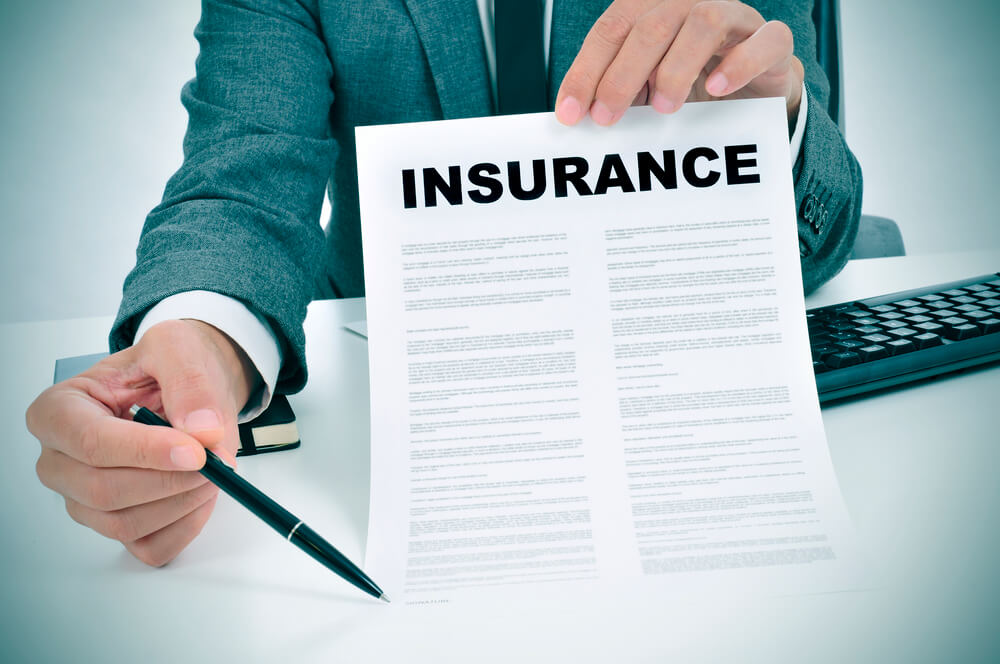
General Liability Insurance: How to Protect Your Business
It is a wise decision to do your research on insurance prior to establishing a business. No matter what field you are working in, it is likely that a general liability (GL) insurance policy is going to benefit you. This type of insurance covers injury of a non-employee (physical and verbal) in regards to your operations and business activities.
According to Evolution Insurance Solutions, which provides general liability insurance in Fort Lauderdale, paying for these expenses out of pocket can become expensive very quickly. A lot of clients will feel at ease knowing that you have insurance in place as well. Some might even not want to do business with you unless you have an active general liability insurance policy, depending upon your profession.
What Does General Liability Insurance Cover?
Insureon explains that having general liability insurance covers more than you might realize. While it is obvious that you would want protection against your clients injuring themselves on your premises, GL also covers additional risks. This policy can assist you with expenses arising from any potential lawsuits that result from said injuries. It also covers you against damage that you inflict on another’s’ premises (the space that you rent out).
Something to consider is damage that your completed product or operation can do to others. The policy will cover this as well. For example, if you manufacture hot sauce and a customer falls ill after consumption, general liability insurance can help protect you against legal repercussions in case the client decides to take action. These types of issues do not always result in a lawsuit, but it is better to be prepared just in case.
When advertising your business, you can also run into issues where GL insurance can help you. An example: You accidentally make a marketing decision that too closely resembles another company, so there is a chance that you will be sued for copyright infringement. The “advertising injury” portion of the policy will protect you from this.
As you can see, having general liability insurance is well worth the purchase, given the protection it can offer you and your business.
Do Landlords Require Insurance?
If you start a business and rent out a space, it is likely that the owner of the building will require you to have general liability insurance. Having GL is also a way that you can protect your landlord in case a claim arises. This protection can extend to your landlord via an “additional insured” endorsement that can be added onto almost any GL policy.
If a customer is injured on a property that is owned by someone other than you, the business owner, there is a chance that he/she will try to sue the landlord of the entire building. In order to prevent this from happening, many property owners like their tenants to list them as “additional insured.” This means that if a claim does arise in your business, your landlord will not be held responsible for anything.
In your lease agreement, your landlord will likely have a clause written out that details the insurance needs. Most policies do not automatically include additional insured coverage, so you would need to specify this with your insurance agent. Fortunately, it is a very common coverage to be added and will likely not impact your premium very much.
Is it Illegal to Not Have Insurance?
As advised by business law attorneys, it is technically not required that you purchase a GL policy for your business. There are no specific laws or regulations when it comes to business insurance. Before you make your final decision though, it is important to consider all of the consequences that could come out of pocket. Any legal fees will be your sole responsibility if you do not opt for a policy to protect your business.
When you are hiring employees, laws exist in most states that require their protection via a workers’ compensation insurance policy. However, in terms of protecting your actual operation, the choice is up to you. For any questions that you have, an insurance agent will be able to guide you to the decision that best suits you.
Some businesses naturally come with more risk than others. For example, a work-from-home accountant will be a significantly lower risk than someone who manufactures chainsaws. These aspects are taken into account by underwriters when the insurance quotes are being provided. The rates are congruent with the size and estimated annual sales projection of your business as well.
Think of general liability insurance as an investment in the future. While you do not get a return on it, it will still provide for you in times when you need the coverage. Many business owners think of it as a savings account that is only used in case of an emergency.

